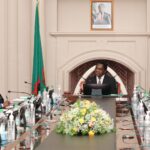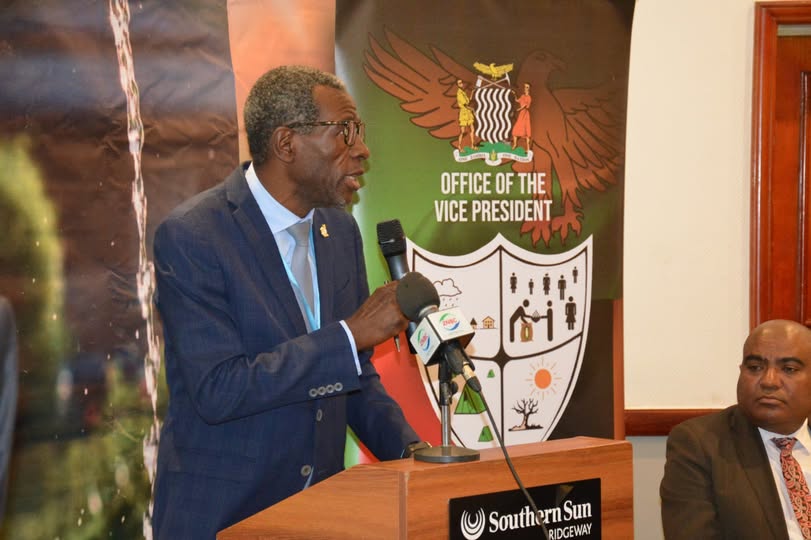The Disaster Management and Mitigation Unit (DMMU) has paid heartfelt tribute to its partners and stakeholders for their unwavering support in addressing the devastating effects of the 2023/2024 drought. Speaking at the official opening of the Zambia Drought Response After-Action Review (AAR) meeting in Lusaka, DMMU National Coordinator Norman Chipakupaku highlighted the crucial role that partnerships played in delivering life-saving aid to millions of affected citizens.
Chipakupaku disclosed that more than four million Zambians received assistance thanks to the combined financial and technical contributions from various entities. These included government agencies, United Nations organizations, civil society groups, the private sector, international donors, and local communities. Their coordinated efforts were instrumental in cushioning the impact of one of Zambia’s most severe droughts in recent years.
“Government agencies, United Nations partners, civil society, the private sector, donors, and local communities came together, not just to respond, but to save lives, restore dignity and pave the way for recovery,” said Chipakupaku. He emphasized that the response went beyond emergency aid by focusing on long-term resilience and recovery for drought-stricken areas.
The AAR meeting aims to evaluate how well the country managed the crisis and to identify lessons that can inform future disaster response strategies. According to Chipakupaku, this reflection process is vital in strengthening Zambia’s ability to face similar emergencies going forward.
The 2023/2024 drought, which severely impacted food security and livelihoods across multiple provinces, prompted an extensive national and international response. Emergency food relief, water distribution, and support for agricultural recovery were among the key interventions deployed.
With climate-related disasters becoming more frequent and intense, the DMMU has called for continued collaboration to enhance preparedness and build stronger, more adaptive systems. The unit’s public acknowledgment of its partners signals a commitment to transparency, shared responsibility, and collective action in protecting vulnerable communities.
As Zambia continues to recover, the insights gained from this After-Action Review are expected to shape more efficient, inclusive, and proactive disaster management policies—ensuring that no citizen is left behind in times of crisis.






